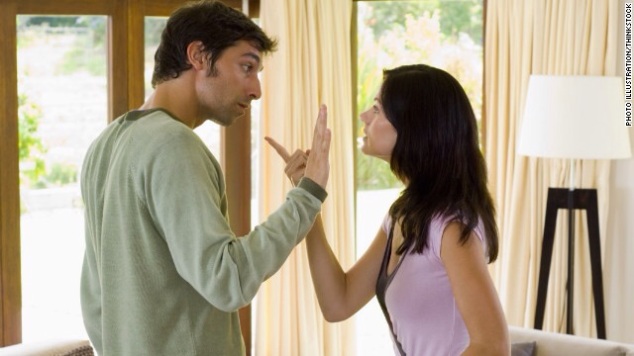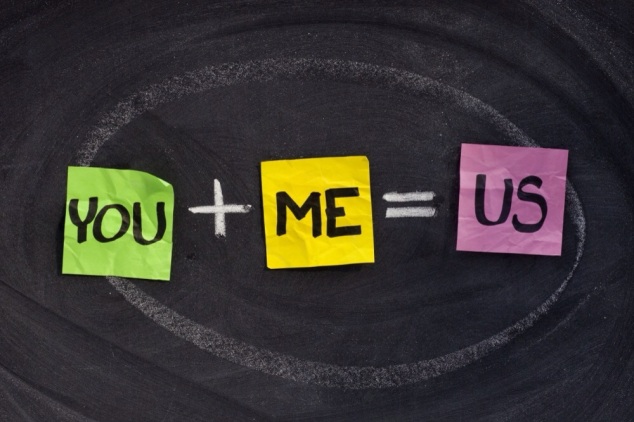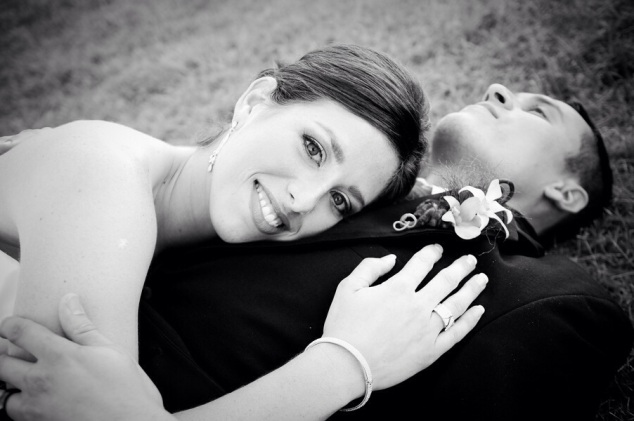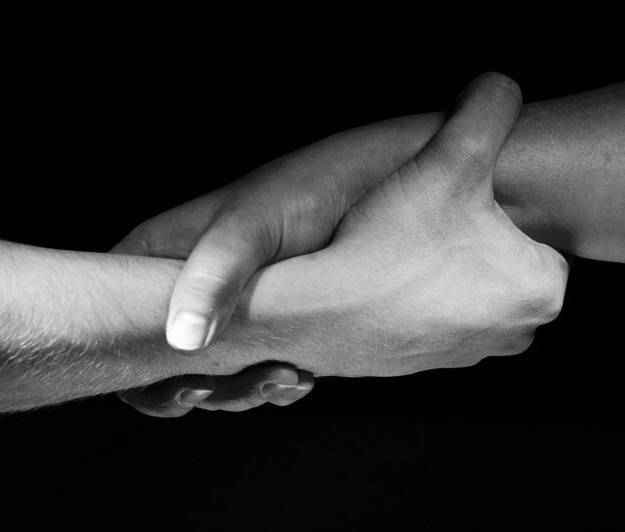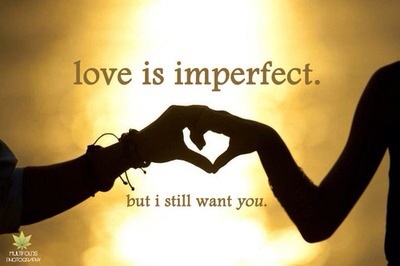How do you live your life? Do you proactively make the most of your talents and seek out fulfilling experiences and relationships? Or is your focus on avoiding pain, confrontation and embarrassment—in other words, making yourself as small a target as possible so the world won’t shoot you down?
Putting yourself out there can be unsettling, but it feels worse to wonder what might have been.
Are you giving yourself the chance to be your best and to experience all that you can? Or are you living a miniature life? Here are five signs you’re living too small for your inherent bigness:
1. You wait to be asked …
… to speak in the meeting, to go to the movies, to join the conversation at a party, to share your opinion. You find difficult putting yourself forward; What if you speak up and say something stupid? What if you ask someone to the movies and they say no? Better to sit back and wait until someone begs you to join in. That way, if things go wrong, you can say, “Hey, it wasn’t my idea.”
The reality: If you wait to be asked, the invitation may never come. Yes, that might mean you sometimes avoid embarrassment, but it also means you are going to miss chances to grow, learn, and just have fun.
2. You’ll do anything to avoid confrontation.
No matter how big or legitimate your complaint, you can’t bring yourself to actually confront a person with your grievance. What if they get mad? What if they come up with some complaints about you in return? Instead, you live with the problem, and complain about your boss to your spouse, about your spouse to your friend, and about your friend to your sister, etc.
The reality: It can be hard to stand up for yourself, but doing so in a diplomatic way is more respectful to everyone involved than venting behind someone’s back. It’s also your best hope for bringing about real change. Give the person a chance to make things better or explain. You will both be better off for it.
3. You make room for the little stuff in your life before the big.
Life seems full of minutia—errands, chores, email, to-do lists. But despite all the busyness, it doesn’t seem to add up to much at the end of the day. You often feel as though you’re missing the big picture.
The reality: The oft-told story of the rocks in the jar applies here: If you put the little stuff in the jar first—the pebbles and the sand—you won’t have room for the rocks. But add the rocks first—the important things, such as family, health, faith and relationships—and the pebbles and the sand can be worked into the empty spaces. The point is not that there’s a way to squeeze everything into your life, but you should prioritize the things that really matter.
4. Criticism lays you low rather than helping you grow.
When discouraging words come your way, you see it as confirmation of what you suspected all along—I’m a loser. And it doesn’t even need to be words. A single disgusted look can make you wither. That’s why you wear a heavy coat of armor whenever you deal with people, whether at home, at work, or out in the world. You are eternally, exhaustingly, braced for attack.
The reality: People usually mean a lot less by their criticism than we hear. Pay attention to your reaction the next time you are at the receiving end of a negative comment. Does your pulse race, does your face go red, or are you hearing the outraged or anguished commentary in your head rather than really listening to what the person is saying? Try to stop yourself and listen as though you were taking notes for another person. Is the criticism valid? Is there something to learn from it? If so, great! You’ve had a positive experience, albeit a painful one. If not, say, “I see your point but I disagree, and here’s why.” Then move on.
5. You plan more than you produce.
You have ideas, maybe lots of them. You spend hours, weeks, months, even years thinking about them, planning them, and examining the pros and cons from all angles. But when push comes to shove, you find a million reasons not to do them. They probably won’t work anyway, you tell yourself. And what if you put your heart and soul into one of these projects and then it’s met with ridicule or, even worse, silence? Better to wait until everything is perfect.
The reality: Yes, it would hurt if your brainchild were met with indifference or derision, but what’s the alternative? Never taking a chance? Never seeing what you can really do? Stripping away the layers of creativity until all that’s left is an inoffensive shell? Perfection is an illusion, of course, and virtually every success story is preceded by a string of failures, sometimes spectacular. Be willing to have your own. Even if nothing turns out as you planned, you’ll learn plenty about what to do next time. At the very least, you’ll be able to look yourself in the mirror and say, “I gave it my best shot.”




